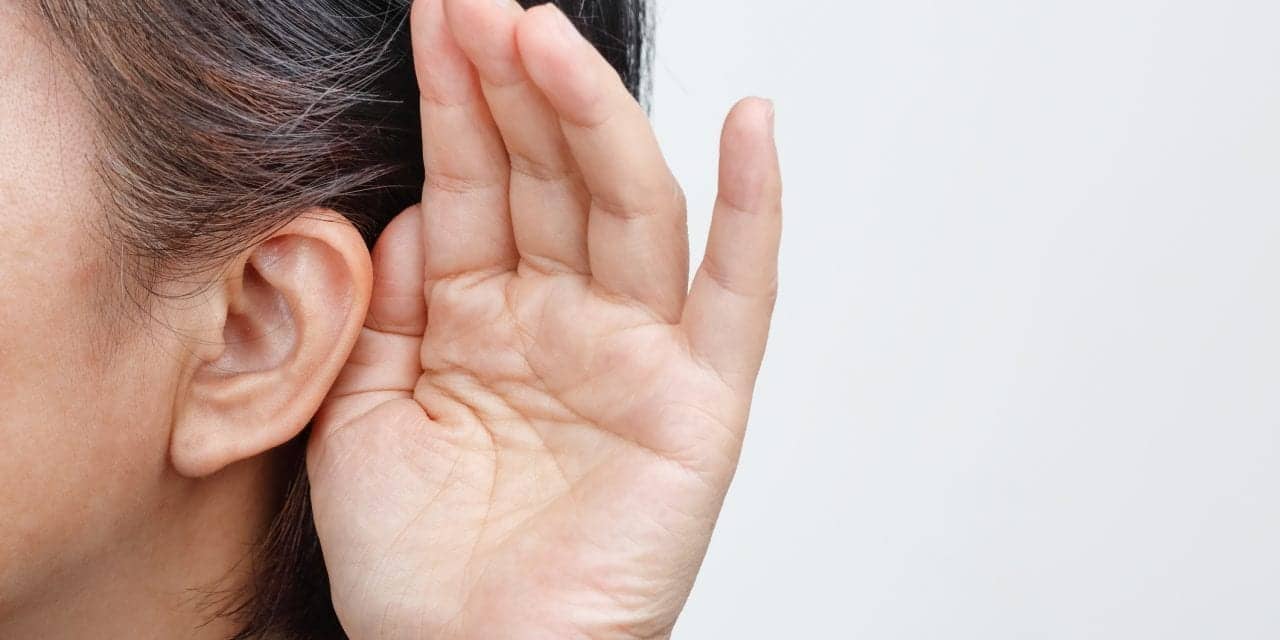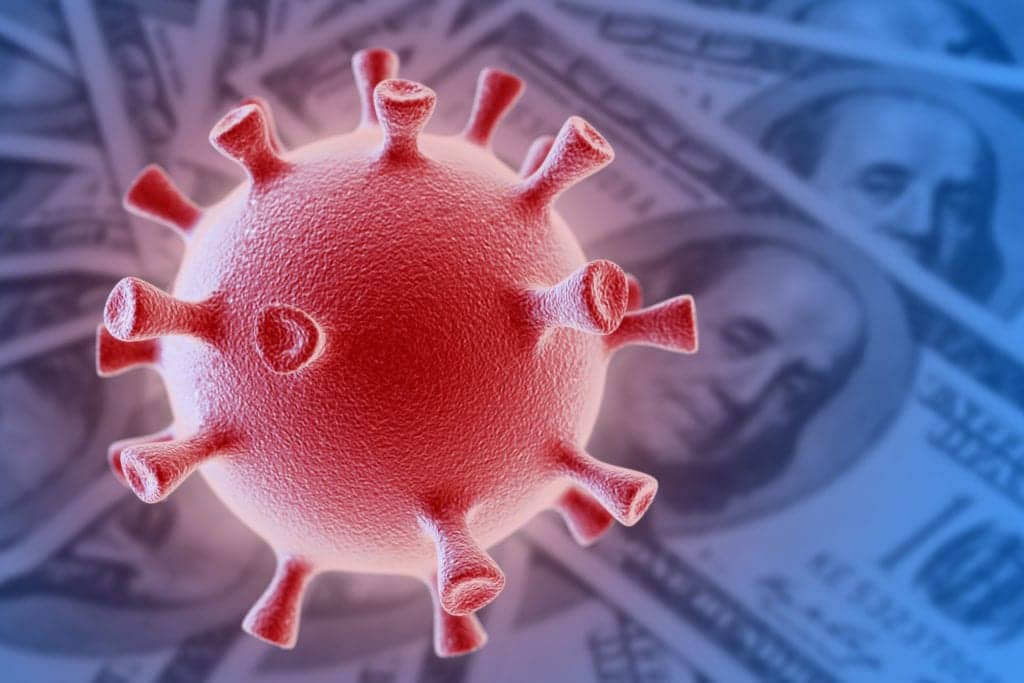The Dallas Morning News recently published an article that discusses research presented at the national conference of the Acoustical Society of America, on the potential link between hearing loss and COVID-19, by Colleen Le Prell. Le Prell is the Emilie and Phil Schepps Professor of Hearing Science at the University of Texas at Dallas.
Related article: UK Patients Report Increase in Tinnitus Since COVID-19
“We’re really at a very early stage of understanding [this link], even though the data suggests that there’s an increased prevalence of these types of hearing and balance disorders” among COVID patients, Le Prell was quoted as saying in the article.
Researchers think COVID-19 may affect the neural pathways involved in hearing, according to Le Prell, but don’t yet know which cells within the ear may be most sensitive to the virus. However, outer hair cells involved with high-frequency hearing are especially prone to damage from loud noise, viruses, or ototoxicity, and some early data has shown outer hair cell damage among asymptomatic COVID-19 patients, according to the article. Le Prell urges caution though, until future studies provide more data about causation.
Some people recovering from COVID-19 have reported new or worsening tinnitus symptoms, though it can be difficult to link the two. What audiologists and researchers describe as “subjectivity” when it comes to the perception of tinnitus can also confound efforts to connect the ringing in the ears to COVID-19, The Dallas Morning News reports. Tests approximating the sounds of tinnitus may yield responses that vary from person to person and even from the same person, depending on when the test is given.
There is also some evidence that pandemic-related stress may contribute to the exacerbation of tinnitus symptoms. Treatments like cognitive behavioral therapy and antidepressants may help alleviate the “psychological impacts” of tinnitus, the article says.
To read the article in its entirety, please click here.
Source: The Dallas Morning News





